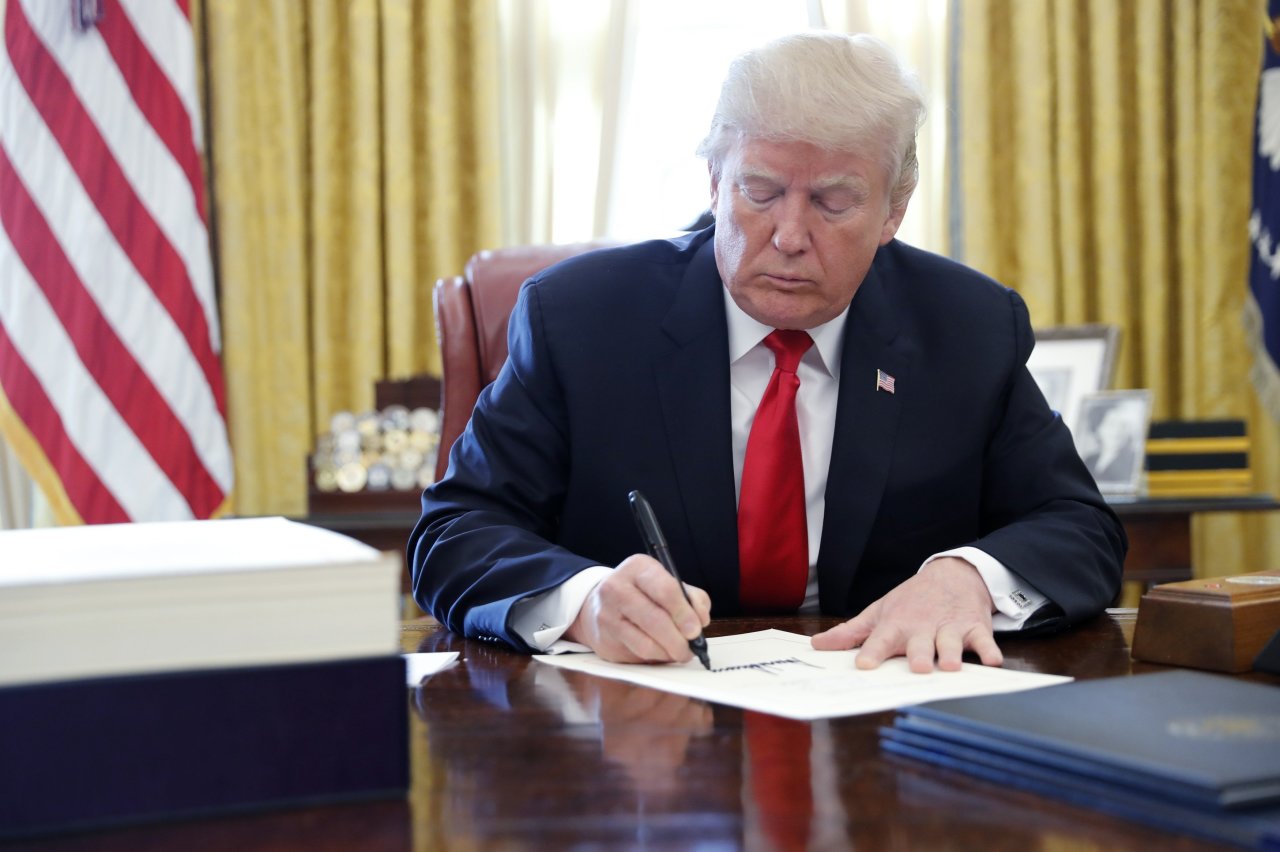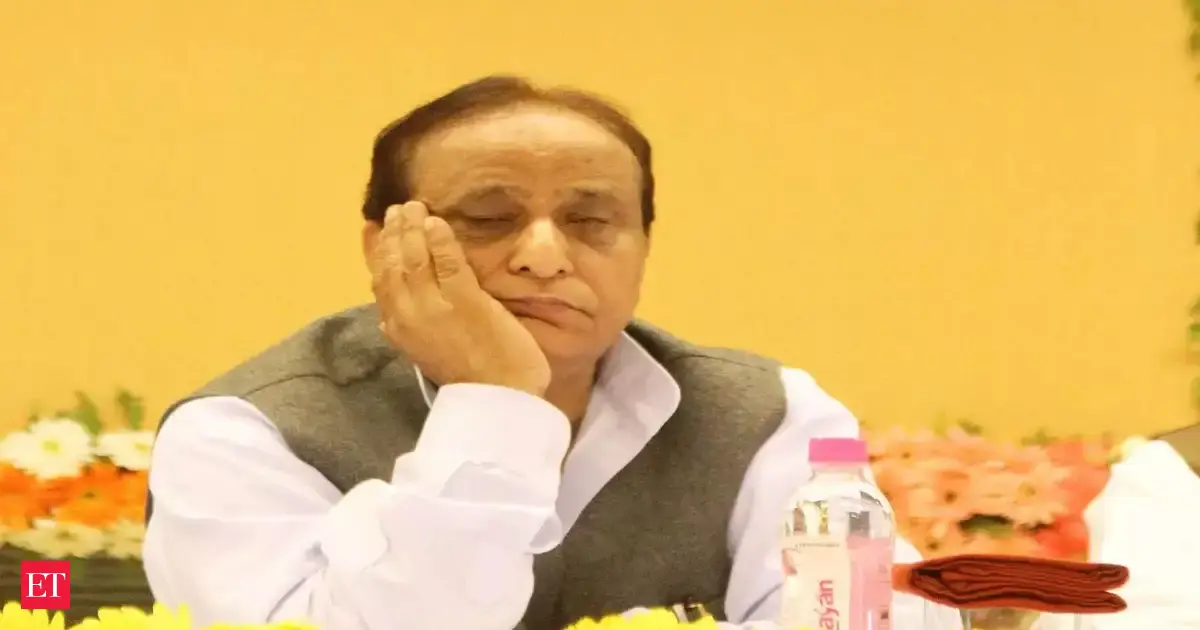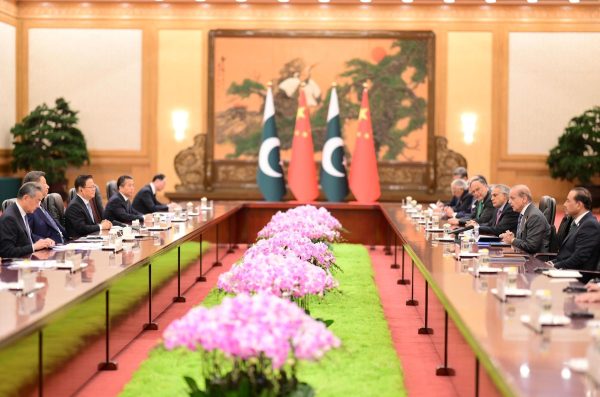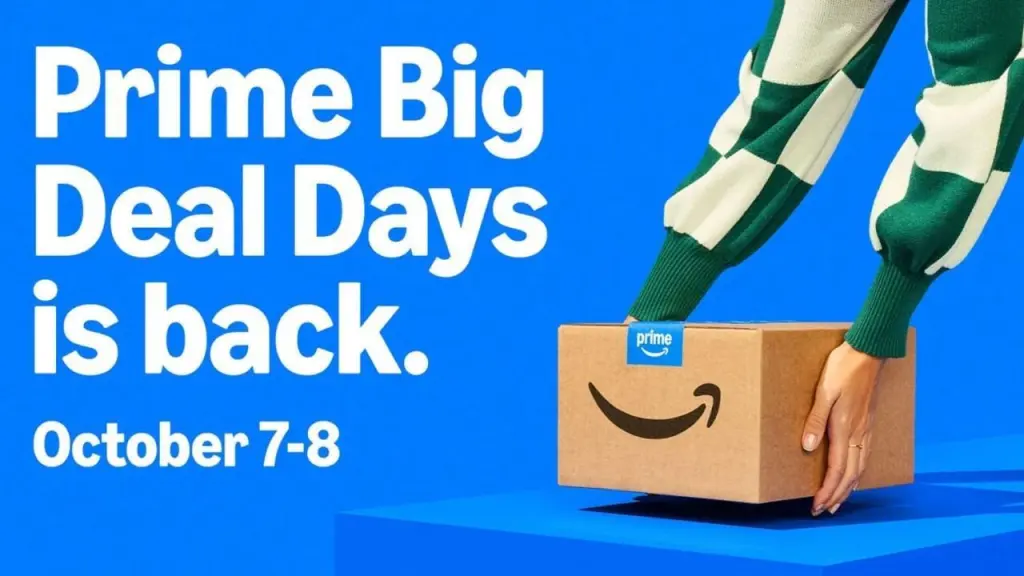By Femi Akinyemi
Copyright tribuneonlineng

US President Donald Trump has signed an executive order requiring companies to pay a $100,000 annual fee for applicants to the H-1B visa programme.
The order, which takes effect on 21 September, will apply to new applications and is set to reshape the way American firms recruit from abroad.
The H-1B programme allows US employers to hire skilled foreign workers in specialised fields. Since 2004, the number of applications has been capped at 85,000 per year. Previously, visa-related fees were about $1,500.
Announcing the change, Commerce Secretary Howard Lutnick said companies must decide whether potential hires are valuable enough to justify the $100,000 payment. “If not, they should hire an American,” he added. Lutnick said large companies had already signalled support for the measure.
In addition, Trump approved the creation of a “gold card” fast-track visa, allowing certain applicants to secure residency by paying fees starting at $1m.
Critics argue the new fee will hurt small businesses and start-ups that cannot compete with larger firms. Immigration lawyer Tahmina Watson described it as a major setback for her clients, warning that many would be “priced out” of the process.
Watson noted that many firms sponsor workers from abroad only after struggling to fill roles locally. “When employers sponsor foreign talent, it’s usually because they could not hire for those positions,” she said.
Business leaders have also raised concerns that the $100,000 fee will weaken America’s competitiveness. Jorge Lopez of Littler Mendelson PC said the move could limit growth across industries and potentially push firms to expand operations outside the United States.
Supporters of the order argue the changes are necessary to reduce reliance on the H-1B system. Trump has long claimed that the programme has been misused, disadvantaging American workers.
The debate has divided opinion within Washington and the tech sector. Some industry leaders, including Elon Musk, say the programme helps attract top global talent, while others claim it puts pressure on wages at home.
Data from US Citizenship and Immigration Services shows that H-1B applications for the next fiscal year have already fallen to around 359,000, the lowest in four years. Amazon, Microsoft, Meta, Apple, Google and Tata have been among the biggest beneficiaries of the programme.
India has consistently been the largest source of H-1B applicants, with China second. In the past year, Amazon and its AWS unit secured more than 12,000 approvals, while Microsoft and Meta each received over 5,000.
Some analysts predict the higher fees may force smaller tech companies to relocate parts of their workforce overseas, reducing the country’s ability to innovate. Critics say the policy risks long-term harm to the US economy.
The new order continues Trump’s wider push to restrict certain forms of immigration. In 2017, he signed a directive to tighten scrutiny of H-1B applications, which saw rejection rates rise sharply compared to earlier administrations.
For now, companies must weigh the cost of retaining skilled foreign workers against the new levy. The policy is likely to remain a flashpoint in the ongoing debate over immigration, jobs, and America’s role in the global economy.
ALSO READ TOP STORIES FROM NIGERIAN TRIBUNE



